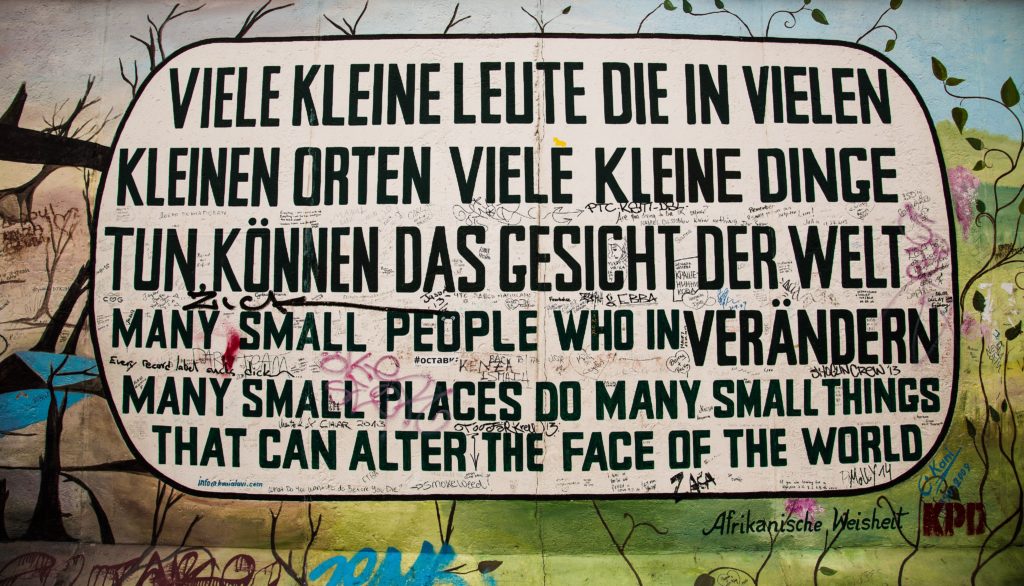At a Q&A session with Ajahn Sumedho which I heard over podcast, a question was raised about dementia. As awareness is the cornerstone for Buddhist practice the questioner asked how a person loosing his intellect can still maintain awareness. Ajahn Sumedho replied that consciousness or awareness is not 'thinking' and is also not personal.
From listening to his past talks I have been intrigued by Ajahn Sumedho's teaching that consciousness is not personal. It is quite a mental shift for me to hear that because even while meditating or practicing mindfulness you feel like you are the one who is being aware. In some sense it is quite liberating to hear that consciousness is not in the human brain or body. Instead the body or brain is part of the boundless immeasurable consciousness. To understand this will help in reducing the attachment to self.
It therefore is heartening to know that even when a person loses the capacity to think it does not mean he loses consciousness because he is part of it. As an example, you may have experienced moments in your sleep when you are aware you are dreaming even though you are not awake or thinking.
As someone puts it " Even as our brains may lose much of their ability to think in an organised fashion, we may still be capable of the wisdom of savoring ". If through practice one develops a neural pathway or a mental habit of being equanimous and accepting, it may ease the terror when the mind is gradually losing its functions and is treading into unfamiliar territories. One lady in helping her husband in his final days cope with dementia, taught him to imagine an ocean of light and to merge with the "vastness of space without fear".
https://tricycle.org/magazine/awake-and-demented/

